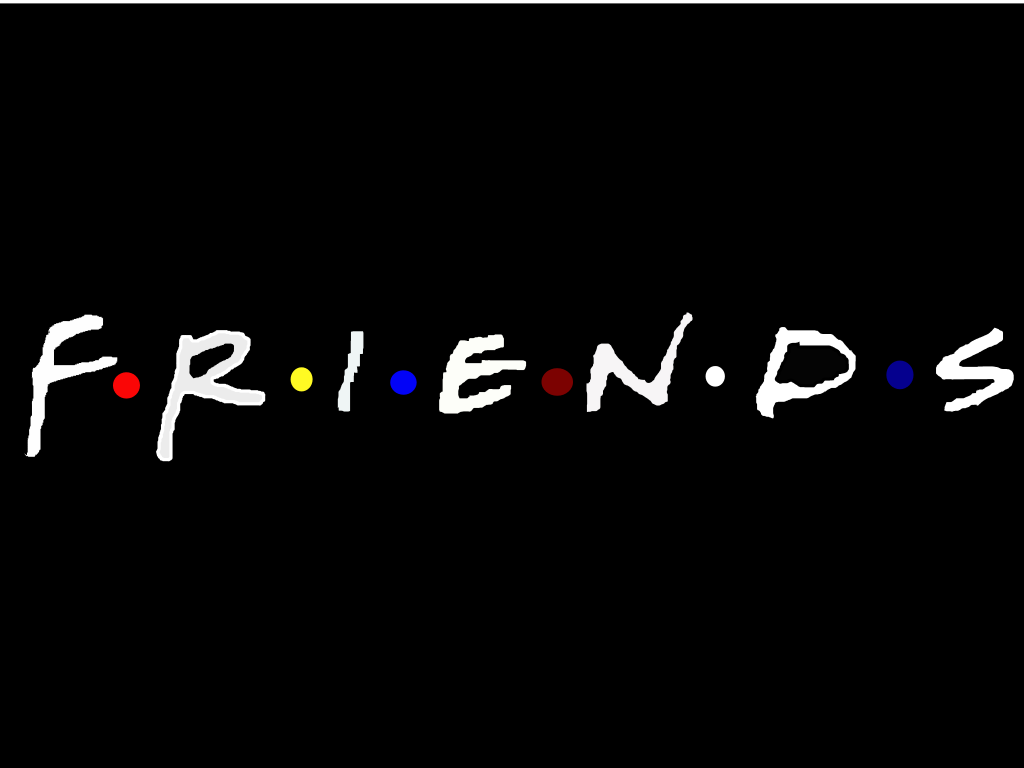Have Chandler, Phoebe and their pals affected the way we speak? According to a new study by U of T researchers, the popular TV sitcom Friends may be setting the stage for a new way of speaking.
“This research focuses on the words that the Friends characters use to emphasize or intensify, such as ‘very,’ ‘really’ and ‘so,’” says Sali Tagliamonte, a linguistics professor and co-author of the study “So Cool; So Weird; So Innovative: The Use of Intensifiers in the Television Series Friends.”
According to sociolinguistic research, intensifiers constantly change, providing an ideal way to tap into current trends in North American English. Tagliamonte and co-author Chris Roberts, a U of T undergraduate student when he worked on the study, found that the TV characters’ use of language generally mirrors everyday usage. However, their use of intensifiers is far more innovative and may affect our use of the language.
At the beginning of the 20th century, “very” was the most common intensifier in North American English, before “really” (as in “I’m really happy”) took its place, says Tagliamonte. In Friends, the word “so” is taking the lead.






No Responses to “ The Power of Television ”
This article is very interesting, but i have a question: Is there a research based on it? I am writing my thesis on the social influence of the mass media.